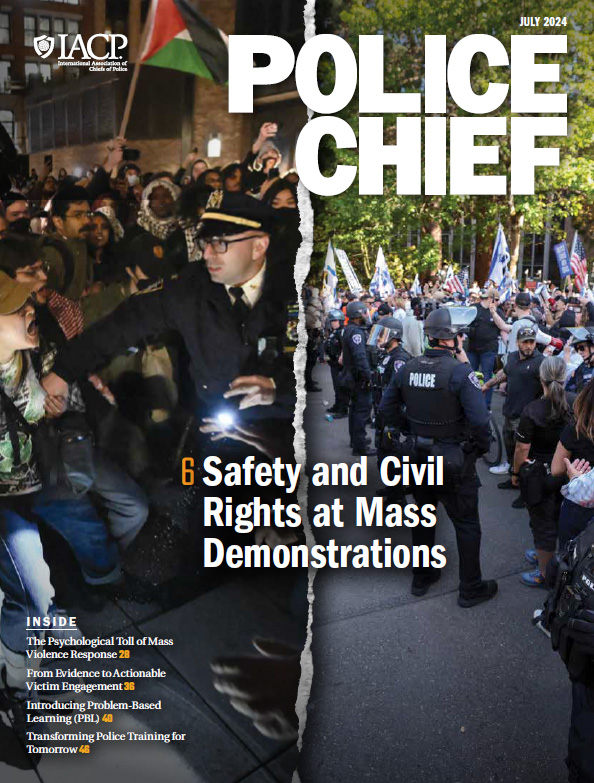
Police organizations and their leaders are often characterized as resistant to change. This school of thought holds that police administrators cling to old ways, and, if they do make changes, they are due to the force of events beyond their control. Another view, often expressed by historians and researchers who study the diffusion of innovation, is that police leaders, like leaders of other organizations, show wide variation in their disposition to pursue change, but, when it does occur, they usually play a central role in it.1 Some chief executive officers (CEOs) are early innovators, while others take longer to innovate, and yet others are laggards. Whether top police executives are rightfully labeled leaders for change or guardians of continuity depends on who is consulted. This article embraces the proposition that a good way to begin is to ask police chief executives themselves. These findings are based upon a 2013 National Police Research Platform survey of 88 top executives of both municipal police departments (71 chiefs) and county sheriff agencies (17 sheriffs). The sample was regionally diverse and selected to be representative of agencies with 100-3,000 sworn personnel, along with four much larger agencies.


